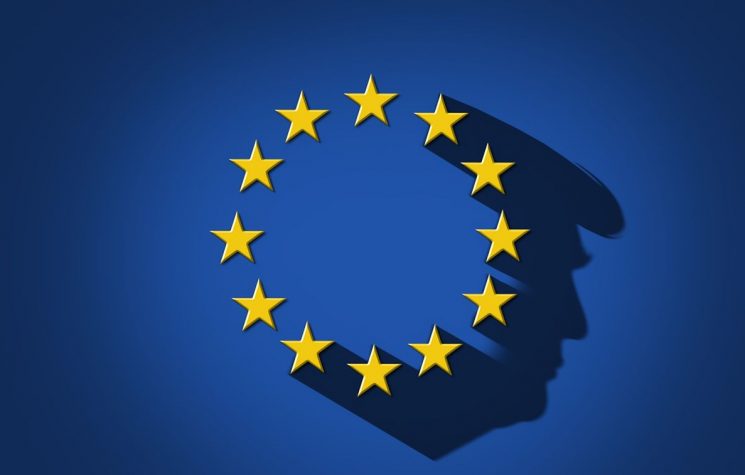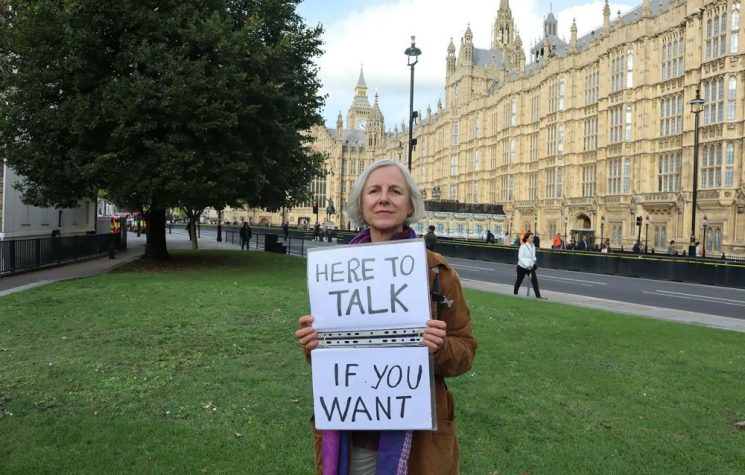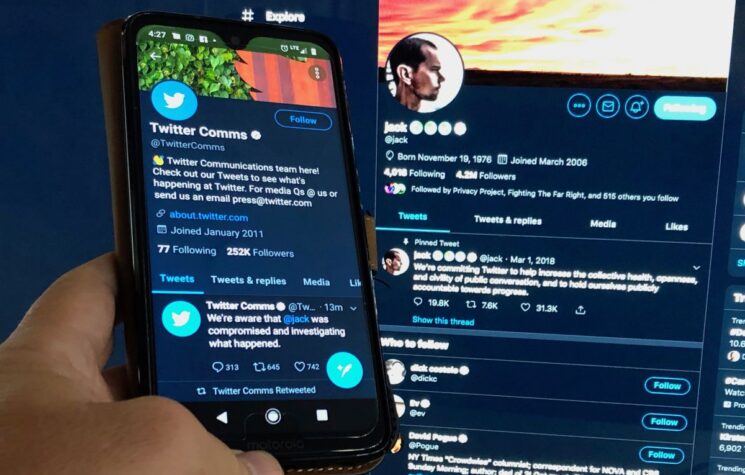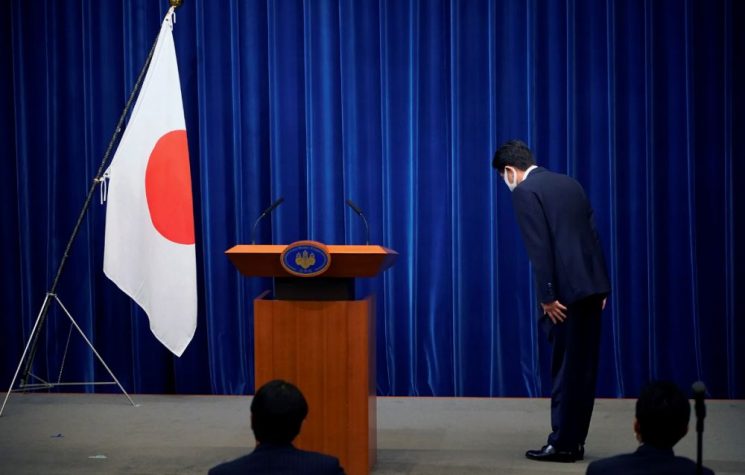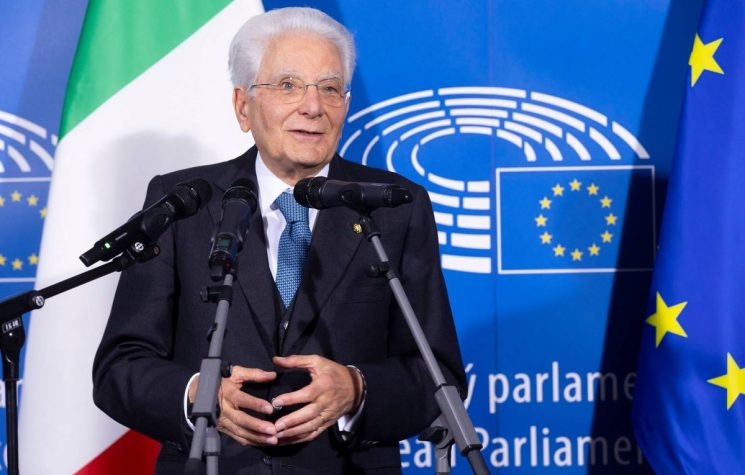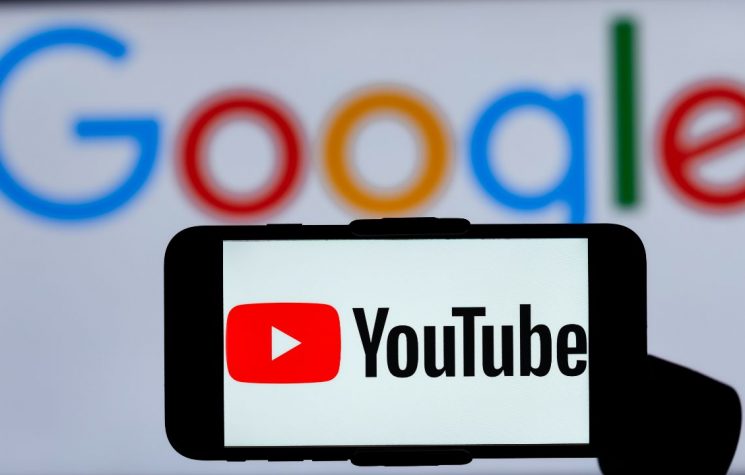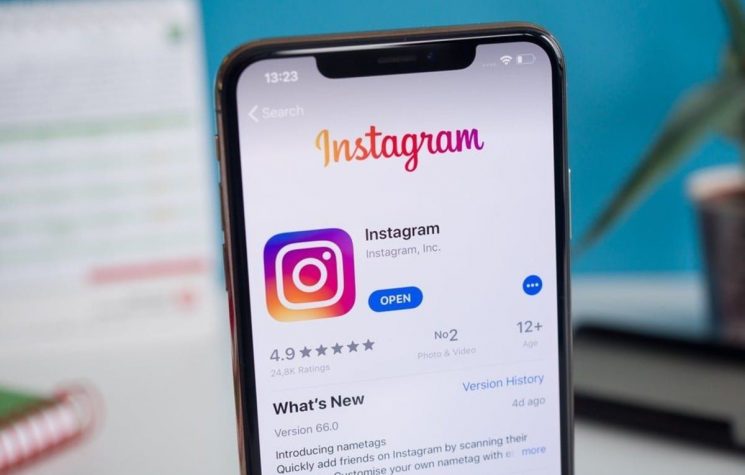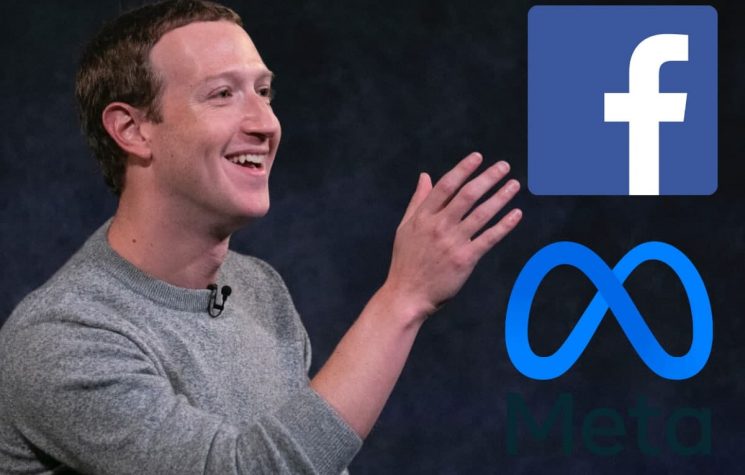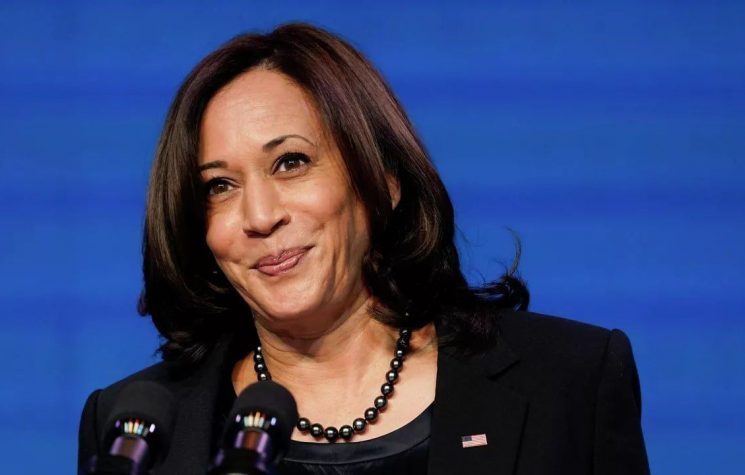The investor George Soros objects that Facebook is doing what the U.S. Government allows it to do, but he doesn’t object to the U.S. Government’s allowing it. Yet, he claims to be opposing the Republican Government of Donald Trump, while he demands that the leadership of Facebook be replaced — supposedly for violating a law that the Trump Administration maybe isn’t enforcing. Is Soros really that incoherent? Or is there an ulterior motive here?
He headlined an op-ed in the January 31st New York Times, “Mark Zuckerberg Should Not Be in Control of Facebook”, and he closed there by saying, “I repeat and reaffirm my accusation against Facebook under the leadership of Mr. Zuckerberg and Ms. Sandberg. They follow only one guiding principle: maximize profits irrespective of the consequences. One way or another, they should not be left in control of Facebook.”
He cited, for blame in this, Section 230 of the Communications Decency Act, which allows passive online media — media that exercise no editorial control over what their users post online — to be not responsible for, and not subject to lawsuits for, whatever is posted to their sites.* Soros noted that Facebook is not censoring posts to its site in a way that will help Democratic candidates, but instead in a way that will help Republican candidates. He apparently wants censorship, but it must be his type of censorship, not theirs. He is clear about his support for some sort of censorship. But is he proposing that the Government will somehow force this change from a Republican Facebook to a Democratic Facebook, or instead that Facebook’s stockholders will, somehow, do this — get rid of their founder and two top leaders? Soros doesn’t respect his readers enough to so much as even just touch on that basic question in his presentation — is the Government to get rid of Zuckerberg and Sandberg, or are the stockholders supposed to do it? Soros is addressing his commentary only to fools who don’t care about what case he’s trying to persuade them to believe. If his article were, at all, serious, it would have been less holier-than-thou against businesses that supposedly adhere to “only one guiding principle: maximize profits irrespective of the consequences,” and it would have outlined a proposal — and not just asserted “One way or another, they should not be left in control of Facebook.” But why shouldn’t they? He really doesn’t say. He doesn’t cite even a single concrete example. He presents no case, at all.
He didn’t object that by Facebook’s doing any censorship at all, Facebook doesn’t actually fit into Section 230 of the Communications Decency Act and Facebook is instead serving as an online publisher (a member of the press) and therefore is supposed to be legally responsible for what is being posted to their site — responsible for it in just the same way that the New York Times and Washington Post and NBC, CBS, ABC, Fox News, CNN, and MSNBC, are responsible for what they publish (responsible, that is, to civil suits, but not to any criminal laws). Soros isn’t hiring lawyers to present such a case against Facebook, which would be a serious case to present, holding Facebook liable for any libels that it has published; he is instead trying to smear the leaders of Facebook, without supplying facts, or, really, any case, at all.
He is not objecting to the Trump Administration’s prejudicially granting this non-enforcement to Facebook, the publisher — the Trump Administration’s treating them as if they weren’t being publishers, but just passive information-providers; treating them as if Facebook weren’t selecting what to transmit and what not to transmit on their networks, to their audience. (Facebook, and other online media such as Twitter, don’t even hide the fact that they exercise censorship, while they claim to be only “passive” media and thus protected by Section 230. Like I said: this case against Facebook would be serious, if it were brought, because these online platforms really do censor-out whatever they wish to censor-out.)
Why did Soros object to Facebook’s controllers, Mark Zuckerberg and Sheryl Sandberg, instead of object to Donald Trump — who is granting this prejudicial treatment, to that publisher (allowing it to be treated in accord with the Section 230 exemption)? Is it because Soros is too stupid to know better, or to understand the difference?
Soros knows enough to be expressing his viewpoint in a partisan manner, as a Democrat who spends tens of millions of dollars each election-cycle in order to support conservative Democrats against progressive Democrats. (For example: in the 2016 Democratic Presidential primaries, between the conservative liberal Hillary Clinton and the progressive Bernie Sanders, Soros’s spokesman said that “Soros is supporting pro-Clinton super PACs because ‘Mr. Soros believes Hillary Clinton is the most qualified candidate to be president.’” He said this after Hillary’s disastrous record as Secretary of State, such as on Libya, “We came, we saw, he died, ha ha ha!!”) And, then, in the general election, Soros supports conservative Democrats (such as that same conservative liberal Clinton) against sometimes even more conservative Republican Party nominees, for the given federal office. (The idea that Soros pumps about himself, that he’s progressive, is one big fat lie: he’s nothing of the sort.)
Why would he not be objecting to Trump here — the Republican who will soon be running against whomever the Democratic Party chooses to be its nominee? The reason is that Trump isn’t really his target here: this is not the season during which the President will be chosen, but is instead the season in which each Party is to be selecting its nominee to then run against the other Parties’ nominees. And, since Soros is addressing, really (and only), fellow Democrats, his agenda could reasonably be viewed as being to affect whom they will be voting for in the present primaries.
In other words, George Soros wants as free a hand as possible, as a Democratic Party mega-donor, in order to determine whom the Democratic Party’s nominee will be. He wants Facebook to be censoring his way, not their way. Then, later, if that nominee suits his purposes, Soros will donate funds proportionately, to that Democratic Party nominee, against Donald Trump. Perhaps right now Soros is using the opinion-page of the Democratic Party’s New York Times in order to warn Facebook to avoid using its censorship so as to favor and oppose ‘the wrong’ Democratic Party candidates. And, maybe, that newspaper favors and opposes the same candidates that Soros does, and so perhaps that’s why they published his tripe here, rather than higher-quality submissions they could have chosen instead to publish.
Google, during the 2016 election-cycle, was slanting its ‘news’ to favor conservative Democrats against progressive Democrats, and then to favor the Democratic Party nominees against the Republican Party’s nominees, whereas Facebook was slanting its ‘news’ to favor Republican Party nominees against Democratic Party nominees. Twitter censors-out whatever neither Party wants the public to know, such as that Julian Assange is being tortured awaiting his extradition to the U.S. — for a trial that will likely never happen — all of these years of his imprisonment, lately in solitary confinement moreover, and never once being tried in a court of law, for anything, at all.
Since George Soros is a Democratic Party billionaire, he is objecting against Facebook instead of against Google. Similarly, Republican Party billionaires (and the ‘news’-media that they control) attack Google and other pro-Democratic-Party media.
Thus, Soros says “Facebook can post deliberately misleading or false statements by candidates for public office and others, and take no responsibility for them” instead of: “President Trump is not enforcing federal laws that hold publishers liable for lies they publish.”
After all: Soros himself was — along with the U.S. Government and the Netherlands Government — one of the top three funders of a television station in Kiev Ukraine that promoted ethnic cleansing against the predominantly ethnic Russian residents in far eastern Ukraine where 90% of the population had voted for the democratically elected President, Viktor Yanukovych, whom America’s Democratic Party President Barack Obama had just overthrown in a very bloody coup that was covered-over by ‘popular demonstrations’ which had actually been organized inside the U.S. Embassy in Ukraine and which had aimed at creating in Ukraine a rabidly anti-Russian government on Russia’s doorstep. Obama had even been planning by no later than June 2013 to install in Crimea a U.S. naval base to replace Russia’s largest naval base, which was (and remains) located there, in Crimea. The ‘popular demonstrations’ against Yanukovych didn’t even start until 21 November 2013, and they were organized starting on 1 March 2013 inside America’s Ukraine Embassy. The organizing for them started by no later than June 2011. The ethnic cleansing was acknowledged by Ukrainian officials and was very effective, but Soros wanted yet more of it to be done, and he urged an additional $50 billion for it to be publicly financed as an ‘investment’ in ‘democracy’. So, Soros knows, and understands, a thing or two about propaganda. And, of course, he knows that Julian Assange is his enemy, just as much as Assange is, say, an enemy of Google’s Eric Schmidt, and of Cambridge Analytica’s Peter Thiel (who supported Trump).
This is just a game that virtually all of the billionaires play, against democracy itself. They want to control the country. Ever since around 1980, they have been accustomed to doing so.
* The U.S. Constitution, in its First Amendment, prohibited any type of governmentally imposed censorship but allowed censorship by members of the privately owned “press.” Section 230 was written to exclude passive online providers from being referred to as being “press” or a “publisher,” but it was poorly written, by lobbyists for corporations in the same category as Facebook and Google, and has yet to be revised by lobbyists for their print and broadcast competitors, who might define more precisely Section 230’s key phrase “interactive computer service” so as to state explicitly that only passive ones are being referred to by that phrase. Right now, even the New York Times online could conceivably qualify as being not a “publisher” and therefore not liable as publishers have been in the past. A corrupt government writes laws corruptly (such as Section 230 is) so that the laws reflect little else than the contending mega-corporate interests; and Section 230 is an example of this (as are most of our laws). With a big enough budget for its lawyering, any mega-corporation or association of large corporations can get the laws, in a corrupt country, written so as to serve its interests. Of course, such a country is no democracy. (But a corrupt country will have a corrupt press so that the public will think it’s a democracy.) Under such circumstances, judges make the final decision in particular cases. There already do exist some legal precedents for interpreting “interactive computer service” to apply only to passive ones. However, most billionaires are probably similar to Soros in wanting the internet to continue being used so as to propagandize the public — shape people’s attitudes and beliefs — instead of to inform the public (which entails no censorship whatsoever and is therefore overwhelmingly disfavored by billionaires and their corporations and their PACs and their lobbyists). Julian Assange is an example of the way a billionaires-controlled world treats leading anti-censorship activists. America is becoming a bastion of censorship, as one would expect of any dictatorship. This is certainly not what the people who wrote the U.S. Constitution had intended or even expected. After 9/11, it has become a seemingly permanent police-state. It’s what one would expect from a country that’s controlled by its billionaires. The 2020 U.S. elections should be about this problem, but, of course, are not.

















